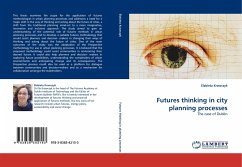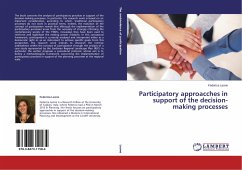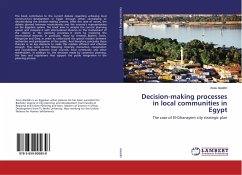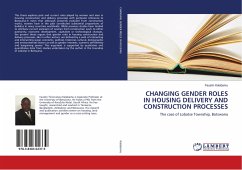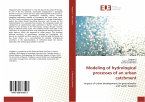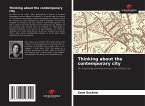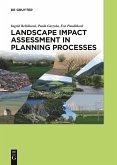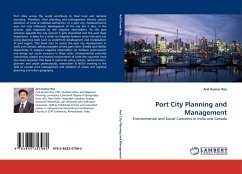This thesis examines the scope for the application of futures methodologies in urban planning processes and addresses a need for a major shift in the way of thinking and acting about the future of cities, a shift from the traditional planning mind-set to a more imaginative, innovative and inclusive approach. The study aimed to gain an understanding of the potential role of futures methods in urban planning processes and to develop a suitable futures methodology that would assist planners and decision- makers in changing their ways of thinking and acting about the future of cities. One of the main outcomes of the study was the adaptation of the Prospective methodology for use in urban planning processes. It is believed that the proposed methodology could assist communities in envisioning their desired future. It could also help planners and decision- makers in exploring future possibilities, understanding the complexities of urban environments and anticipating change and its consequences. The Prospective process could also be used as a platform for dialogue between communities and decision-makers and as a mechanism for collaboration amongst the stakeholders.

